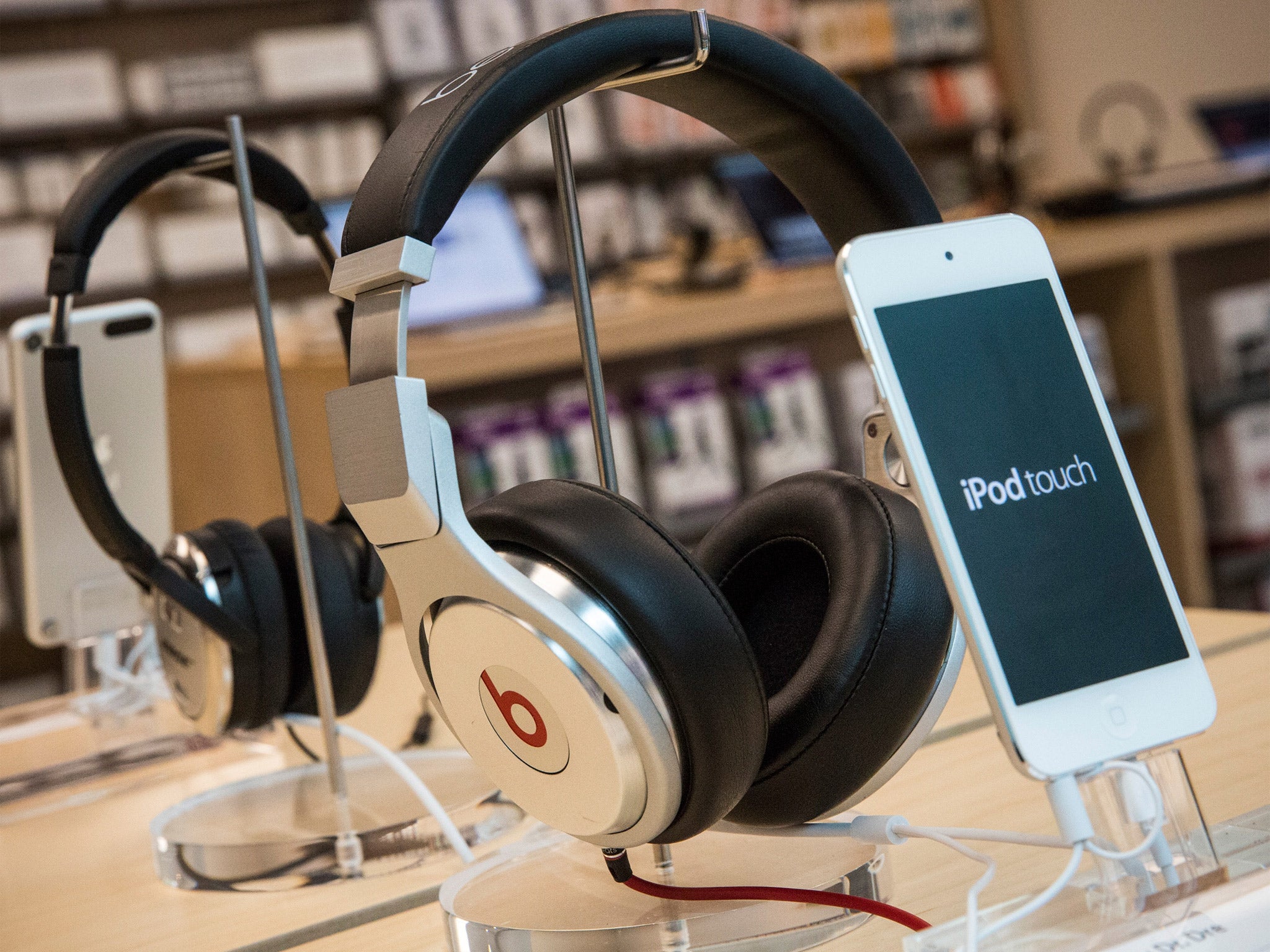Apple deleted rivals' musics from iPods, court told
Apple claims that move was a security measure, court hears as part of case about claims about iTunes dominance of the music industry

Your support helps us to tell the story
From reproductive rights to climate change to Big Tech, The Independent is on the ground when the story is developing. Whether it's investigating the financials of Elon Musk's pro-Trump PAC or producing our latest documentary, 'The A Word', which shines a light on the American women fighting for reproductive rights, we know how important it is to parse out the facts from the messaging.
At such a critical moment in US history, we need reporters on the ground. Your donation allows us to keep sending journalists to speak to both sides of the story.
The Independent is trusted by Americans across the entire political spectrum. And unlike many other quality news outlets, we choose not to lock Americans out of our reporting and analysis with paywalls. We believe quality journalism should be available to everyone, paid for by those who can afford it.
Your support makes all the difference.Apple deleted music on users’ iPods that wasn’t bought from iTunes, a court was told during an antitrust suit that says Apple abused the music store’s dominance.
Lawyers representing plaintiffs in the case said that Apple scanned iPods for music that wasn’t bought on iTunes — such as files bought from Amazon's onlike music store — and forced a factory reset, and the third-party files would be removed.
“You guys decided to give them the worst possible experience and blow up” a user’s music library, attorney Patrick Coughlin said in U.S. District Court in Oakland, California, reported the Wall Street Journal.
But Apple says the move was a security measure. Hackers made the company ‘very paranoid’ about protecting iTunes, people close the company said, and the updates were meant to protect users’ from system break-ins, they said.
The company did not explain the measures more because ““We don’t want to confuse users”, Apple security director Augustin Farrugia told the court, the WSJ said.
The case is set to hear evidence from Eddy Cue, Apple’s software chief, and Phil Schiller, the company’s head of marketing. The court will also hear evidence from Steve Jobs, with parts of evidence collected in 2011 to be played.
Apple declined to comment on the story.
Join our commenting forum
Join thought-provoking conversations, follow other Independent readers and see their replies
Comments